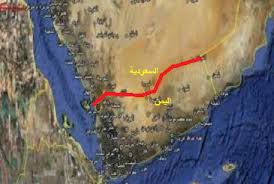
On World Malaria Day (April 25th) Saudi officials commented in Riyadh that they intend to further assist Yemen, the poorest country in the Arabian Peninsula, fight off Malaria in order to ensure that the disease is completely eradicated by 2020.
Back in 2001 Yemen and Saudi Arabia signed a health agreement by which both country would work together and share they resources to combat the spread of Malaria in the region, with goal of being completely Malaria-free by 2020. According to the latest data, 97% of Malaria cases in Saudi Arabia originate from outside the kingdom, mainly Yemen.
If Saudi Arabia has been able to allocate enough resources to prevent Malaria outbreaks, Yemen however, which shares a lengthy border with the kingdom, still requires much assistance when it comes to harnessing its Malaria problem.
“The GCC is working to eliminate malaria from the Arabian Peninsula by 2017,” said Dr. Tawfiq Ahmed Khoja, director general of the GCC Health Ministers’ Council in Riyadh while addressing reporters. He added, “Combating malaria in Saudi Arabia and Yemen is one of the top priorities on the GCC health ministerial agenda.”
Dr Khoja went on explaining that, ““The national survey indicators of malaria in 2013 in Yemen have enabled the GCC region to evaluate its strategy and make comprehensive plans to eradicate malaria … With this view, the Kingdom has established a research centre of international standards for malaria and other diseases in Jazan (which shares a border with Yemen and has been the worst Malaria affected Saudi province due to proximity.)”
WHO (World Health Organization) also has an ongoing partnership with Yemen when it comes to eradicate Malaria.